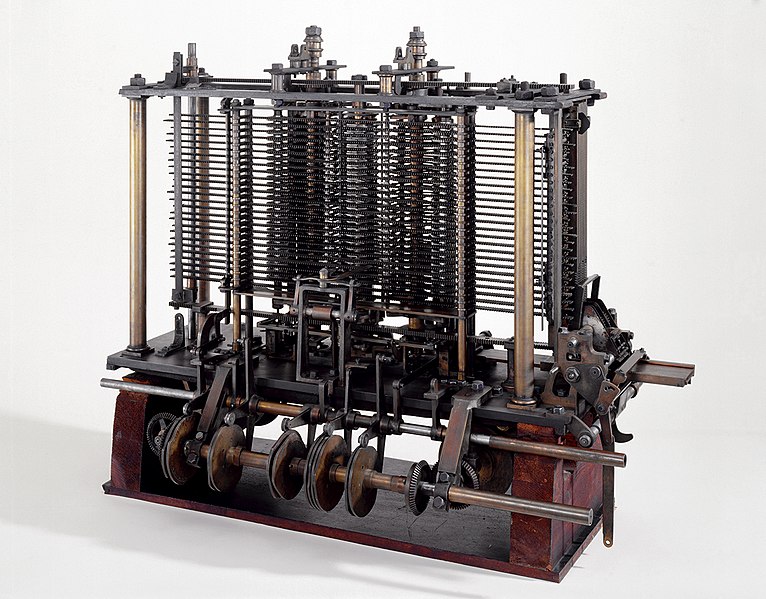
Do I have a forgotten collection (and a very lengthy one at that) of O’Neill’s to announce? Perhaps recently found in an attic in the Mid-West like O’Neill’s wax cylinder recordings were? Amazing as that would be, the truth is I couldn’t resist a catchy title, especially after reading this article on theconversation.com about an Artificial Intelligence project that has generated more than 100,000 folk tunes.
Our AI is trained so that given one ABC symbol it can predict the next, which means it can generate new tunes that draw upon patterns and structures learned from the original tunes.
Current AI technology works by taking as much data as possible and using it to “train” a model to generate or recognize statistically similar patterns to the original data. This is how google photos can recognize your family members in those images you just uploaded. Thanks to the work of O’Neill and the many who followed in his footsteps, we now have a large database of Irish tunes in a machine-readable format (ABC notation). What better idea than for computer scientists to take this freely available data and use it to generate about 100,000 new tunes?
Well, for one thing, it might be an affront to our beliefs around tradition and authenticity. Although musicians trade tunes in ABC on sites like thesession.org , did they mean it to be used by computers to make their own music? Will we go into a pub in the future to hear robots playing horrible midi tunes in a “session”?
For years now, there has been tunepal, a phone app that will take a snippet of a tune, analyze it and give you matches from thesession.org and other sites like it. It is a very useful piece of technology and most players are happy to have it’s assistance in remembering tunes. But an AI generating the tunes? Surely that is a step too far? Is O’Neill turning in his grave?
I don’t think so. For one thing, O’Neill was always keen to follow new technologies, such as the aforementioned wax cylinder recordings. As chief of police, he brought in technological innovations to improve the quality of policing in the city. Furthermore, the authors of the AI project openly admit they have no intention of replacing the body of Irish music as it has grown over the years. In fact, they actually shared the computer-generated tunes with real-life traditional musicians. One musician noted that “about one in five tunes are actually fairly good.”
By their nature, folk tunes are less fixed in nature and are treated as a frame upon which to elaborate: performers develop their own version and change elements in performance. The musicians found interesting features and some patterns that are unusual but work well within the style. Perhaps there are regions of this musical space that humans have not yet discovered – and can be reached with the help of a machine.
How different is this from Francis O’Neill catching a snippet of a tune on a Chicago tram, racing home to transcribe it after attaching a whimsical title? I think if he had an iPhone to hand, he would have been happy to use it. All in all, this AI experiment demonstrates a nice intersection of pre-industrial culture with modern technology.
Eimear McGeown, Daren Banarsë and Rob Webb play a set of computer generated “traditional” tunes